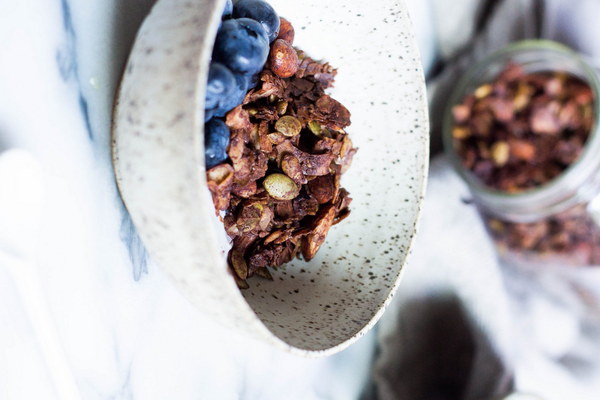Hydration for Women Can Proper Water Intake Nourish Your Kidneys
In the quest for a healthier lifestyle, many women are turning to natural remedies and lifestyle adjustments to maintain their well-being. One such adjustment is ensuring proper hydration. The question on many minds is: can proper water intake really nourish and support kidney health in women? Let's dive into the facts and myths surrounding this topic.
The kidneys are vital organs responsible for filtering waste products from the blood, regulating blood pressure, and producing hormones that help maintain healthy bones and red blood cell production. With such crucial functions, it's no wonder that maintaining kidney health is a top priority for many women.
Proper hydration is a cornerstone of kidney health. Water helps to dilute the substances in the blood that can damage the kidneys, such as uric acid and creatinine. It also helps to flush out waste and toxins that can accumulate in the kidneys over time. So, the answer to the question is a resounding yes—proper hydration can indeed support kidney health in women.
Here are some key points to consider:
1. Water Intake Recommendations: The general guideline for water intake is to drink eight 8-ounce glasses of water per day, which equals about 2 liters or half a gallon. However, individual needs may vary based on factors such as climate, activity level, and overall health. It's essential to listen to your body's thirst signals and adjust your water intake accordingly.
2. Hydration and Kidney Function: Adequate hydration ensures that the kidneys can perform their filtering functions effectively. When the kidneys are well-hydrated, they can process waste and toxins more efficiently, reducing the risk of kidney stones and other kidney-related issues.
3. Benefits of Water Intake for Women's Health: Proper hydration can have numerous benefits for women's overall health, including:
a. Improved Digestion: Water helps to keep the digestive system running smoothly by softening stool and preventing constipation.
b. Skin Health: Hydrated skin appears more radiant and plump, reducing the appearance of fine lines and wrinkles.
c. Joint Health: Water acts as a lubricant for joints, reducing the risk of arthritis and other joint-related conditions.
d. Mental Health: Adequate hydration can improve mood, cognitive function, and overall mental well-being.
4. The Role of Hydration in Managing Kidney Conditions: For women with existing kidney conditions or those at risk for kidney disease, proper hydration is even more crucial. It can help manage conditions such as:
a. Chronic Kidney Disease (CKD): Adequate hydration can help slow the progression of CKD by keeping the kidneys functioning optimally.
b. Kidney Stones: Staying hydrated can prevent kidney stones from forming by diluting minerals in the urine and promoting the passage of small stones.
c. High Blood Pressure: Proper hydration can help manage blood pressure levels, reducing the risk of kidney damage associated with hypertension.
5. Hydration Myths: It's essential to dispel some common myths about hydration and kidney health:
a. Drinking too much water can harm the kidneys: While excessive water intake can lead to a rare condition called water intoxication, it is highly unlikely and only occurs when someone drinks an extraordinary amount of water in a short period.
b. Coffee and tea dehydrate you: Although caffeine has a mild diuretic effect, it doesn't significantly contribute to dehydration. In fact, coffee and tea can contribute to your daily fluid intake.

In conclusion, proper hydration is a crucial factor in maintaining kidney health for women. Ensuring adequate water intake can support kidney function, reduce the risk of kidney-related conditions, and provide numerous health benefits. To maximize the benefits of hydration, drink water throughout the day, listen to your body's thirst signals, and consult with a healthcare professional for personalized recommendations.
Remember, hydration is just one aspect of maintaining kidney health. A balanced diet, regular physical activity, and regular check-ups with a healthcare provider are also essential components of a healthy lifestyle. By incorporating proper hydration into your daily routine, you can take a significant step toward a healthier, more vibrant life.









